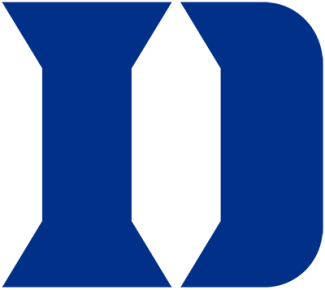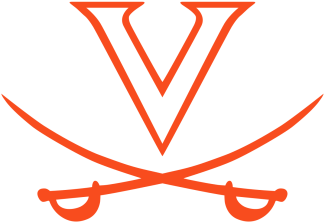Sofia Chepenik got a late start in lacrosse, but she’s made headlines with a landmark name, image and likeness deal and now a transfer from one new big-name college program to another.
Four months after signing a lifetime NIL contract midway through Clemson’s inaugural season, she was announced as part of the seven-member inaugural transfer class of the University of South Florida, which begins NCAA Division I play in the American Athletic Conference in Spring 2025.
Chepenik was one month into her first season at Clemson when she became the first female college athlete to sign a lifetime NIL deal — believed to be the longest and largest for any female lacrosse player. Through her agent, Christian Addison of Addison Sports & Entertainment, and Athletiverse, which connects student-athletes to NIL opportunities, Chepenik inked a deal with LootMogul that pays her endorsement money and granted her an equity stake in the Web3 gaming and e-commerce platform.
She is expected to be the face of their online lacrosse game.
“What I stand for is women’s empowerment and being able to create something as a female athlete just as male athletes can do,” said Chepenik, who has 197,000 followers between her TikTok and Instagram accounts. “[LSU women’s basketball player] Angel Reese is leaving a legacy. One of my main reasons to choose USF was that I wanted to leave a legacy.”
Chepenik made it clear early on that her choice to transfer was more about lacrosse and the school fit than it was about seeking NIL opportunities. She is leaving the higher profile NIL school in Clemson for the Bulls and is willing to sit next year before South Florida debuts in 2025. In an interview with Eccker Sports while in the transfer portal, she said: “NIL is a great perk of college athletics, but I also know I have these goals that I set out for myself that I want to accomplish. I’d rather accomplish them than make a couple bucks on the side. It’s not impacting my decision. Wherever I go, there will be NIL benefits.”
NIL remains an evolving hot topic with the NCAA still struggling to regulate it. A memo sent June 27 urged schools to abide by NCAA rules rather than a state’s legislature, and the IRS recently announced it would closely examine school collectives’ tax-deductible statuses. Bobby Couch, executive director of TigerImpact, has a goal for Clemson’s biggest collective to disperse $7.5 million annually to its school’s athletes. By comparison, South Florida’s Fowler Ave Collective announced in May new administration hires who bring a goal of raising $3.5 million for 2024. That difference wasn’t a limiting factor for Chepenik to come to South Florida.
“Obviously, it’s transformational for our recruiting,” USF coach Mindy McCord said. “When you combine an AAU (nationally accredited top-tier research) school, in Tampa, Fla., with a top athletic school that she can see the vision of working toward a national championship and her being able to be a significant part of that, being a leader in that, I think that was attractive to her, and I hope it’ll continue to be attractive to other top players like her. That’s the message she’s sending by that choice.”



























































